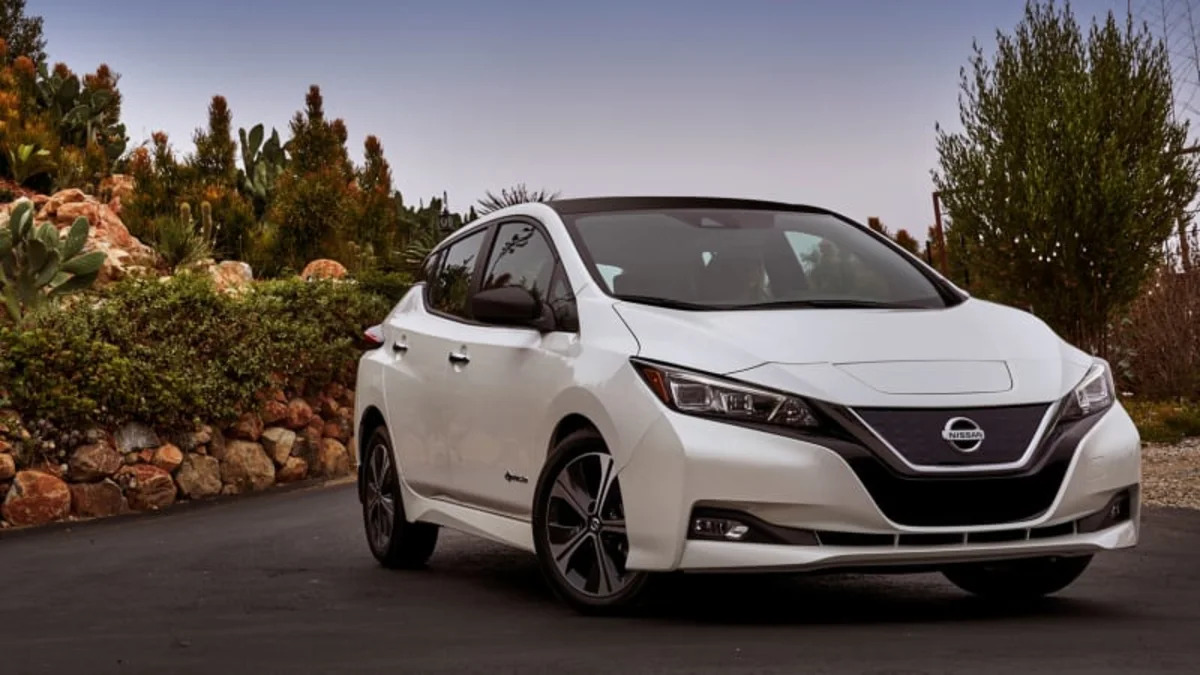House and Senate Republicans working to hash out differences between their respective versions of tax reform packages have reportedly spared a federal tax credit meant to spur sales of electric vehicles. Bloomberg cites a Republican familiar with the negotiations who didn't want to be identified divulging details before the final bill is released.
House Republicans last month passed a bill that would have ended the $7,500 EV tax credit. The Senate's version, which left it intact, will reportedly be part of the reconciled package. The proposal to scrap the credit drew criticism from automakers like General Motors, the trade group Alliance of Automobile Manufacturers and environmental groups.
Critics of the incentives say electric vehicles typically attract more well-heeled buyers who don't need subsidies and that scrapping the credit could save $200 million over the next 10 years. But GM CEO Mary Barra said earlier this week that loss of the credit "changes the equation" for car buyers and automakers. And losing the credit "will stop any electric vehicle market in the U.S., apart from sales of the highly expensive Tesla Model S," Xavier Mosquet of Boston Consulting Group, who tracks the growth of battery powered vehicles, told Bloomberg News. "There's no Tesla 3, no Bolt, no Leaf in a market without incentives."
The tax credit was originally created as part of the 2009 federal stimulus bill, with availability capped at the first 200,000 qualifying plug-in electric vehicles sold by each automaker.
GOP lawmakers also reportedly spared a tax credit for wind energy production. The House version had proposed to roll the wind industry's 2.3-cent-per-kilowatt-hour tax credit back to 1.5 cents.
Related Video:


Sign in to post
Please sign in to leave a comment.
Continue